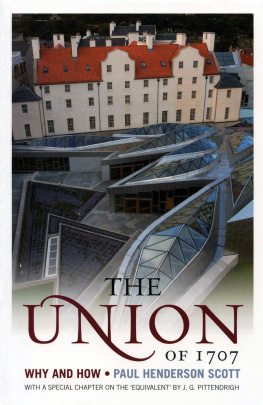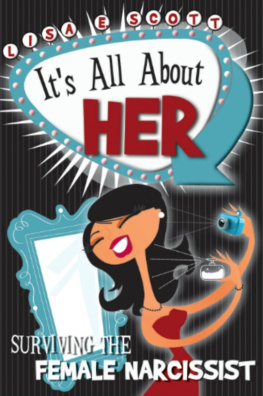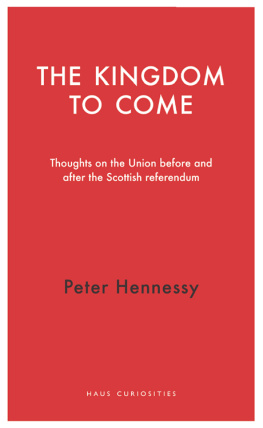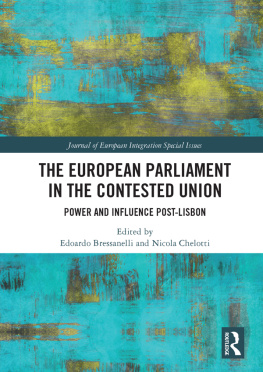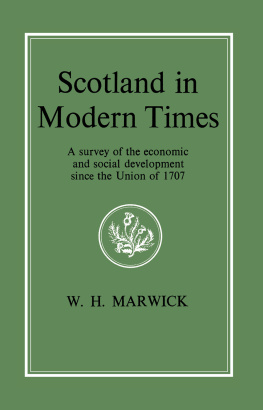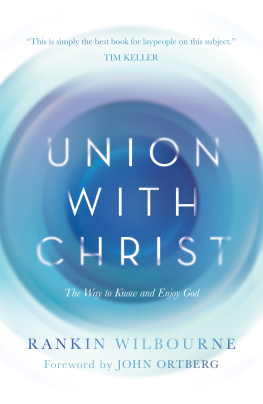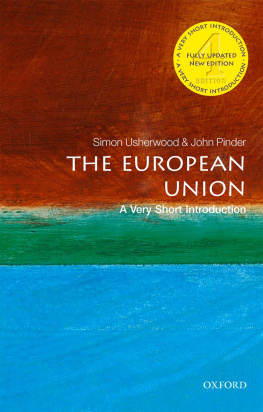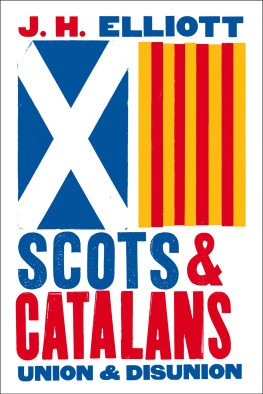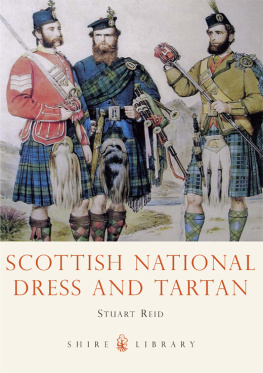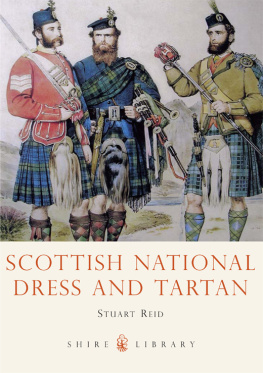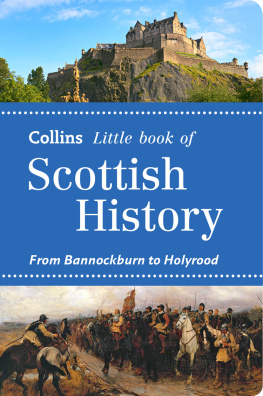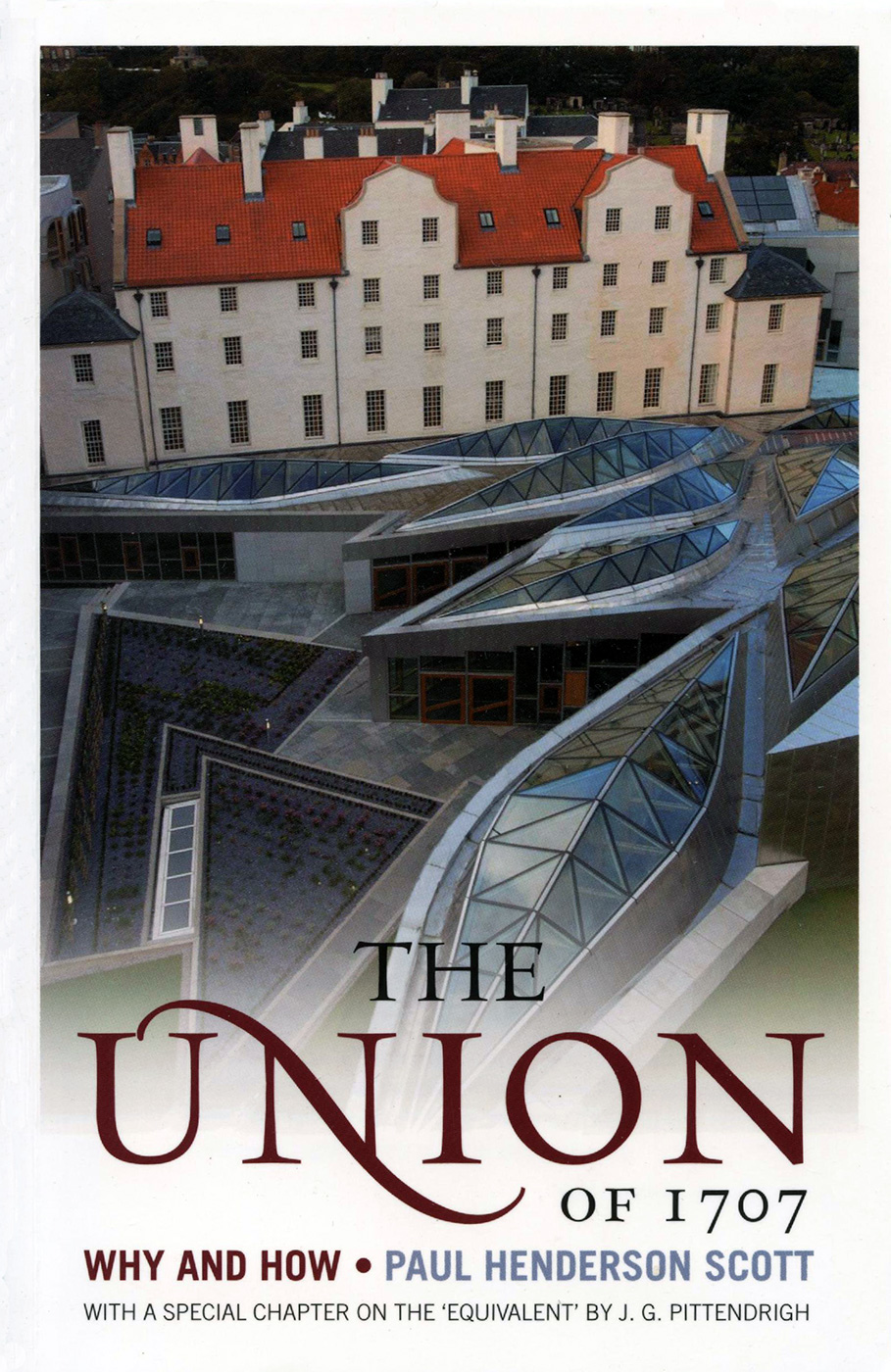About the Saltire Society
The Society was founded in 1936 when many of the distinctive features of Scotland and its culture seemed in jeopardy. Over the years its members, who have included many of Scotlands most distinguished scholars and creative artists, have fought to preserve and present the nations cultural heritage so that Scotland might once again be a creative force in European civilisation. As well as publishing books the Society makes a number of awards for excellence in fields like housing design, civil engineering, historical publication and scientific research. There are Society branches throughout Scotland and members organise lectures, seminars and conferences on important aspects of Scottish culture. The Society has no political affiliation and welcomes as members all who share its aims. Further information from The Administrator, The Saltire Society, Fountain Close, 22 High Street, Edinburgh, EH1 ITF
Telephone: 0131 556 1836.
Email: saltire@saltiresociety.org.uk.
Web site: www.saltiresociety.org.uk
Contents
REFERENCES
| Abbreviation | Source |
| Burnet | Gilbert Burnet, History of His Own Times (Oxford 1823) 6 vols |
| Clerk | Memoirs Memoirs of the Life of Sir John Clerk of Penicuick Ed. John M Gray (SHS, Edinburgh 1892) |
History History of the Union of Scotland and England Ed. By Douglas Duncan (SHS, Edinburgh, 1993) |
Observations Observations on the present Circumstances of Scotland, 1730 Ed. T. C. Smout in Vol.X, of Miscellany of the Scottish History Society (Edinburgh 1965) pp 174212 |
| Defoe | History The History of the Union between England and Scotland (London, 1786) |
Letters The Letters of Daniel Defoe Ed. G.H. Healey (Oxford 1969) |
| Fletcher | Letters Letters of Andrew Fletcher of Saltoun and his family 171516 Ed. Irene J. Murray, in Vol.X Miscellany. (Scottish History Society, 1965) pp 143173 |
Writings Fletcher of Saltoun, Selected Writings Ed. David Daiches (ASLS, Edinburgh 1979) |
| Jerviswood | Correspondence of George Baillie of Jerviswood (Bannantyne Club, 1842) |
| Lockhart | The Lockhart Papers, ed. Anthony Aufere (London, 817) 2 volumes. There is a recent edition of his Memoirs of the Union: Scotlands Ruine, ed. Daniel Szechi with a foreword by Paul Scott. (ASLS, Aberdeen, 1995) |
| Mar | Report of the Manuscripts of the Earl of Mar and Kellie (Historical Manuscripts Commission, London 1904) |
| Ridpath | An account of the Proceedings of the Parliament of Scotland which met at Edinburgh, May 6 1703 (Edinburgh 1704) |
| Seafield | Letters relating to Scotland in the Reign of Queen Anne by James Ogilvy, First Earl of Seafield and others Ed. by P. Hume Brown (Edinburgh 1915) |
INTRODUCTION
The Union of 1707 was one of the most significant events in our history with consequences that stretched well beyond Scotland and it is also the one which is least understood. Theories about it which are contrary to the evidence have been accepted as statements of fact. Hume Brown, who wrote a History of Scotland early in the last century which was the standard work on the subject for many years commented on this strange state of affairs in a lecture which he gave in Oxford in 1914: How are we to explain, he asks, this ignorance on the part of Scotsmen generally of one of the most fateful periods in their national history? And he suggested an explanation:
It is a period when human nature does not appear at its best. A people does not gladly turn its eyes to a period when its representative men, whether from their own material failings or as the result of temporary circumstances, compromise the national character in the eyes of the world. So it is, perhaps, that by a kind of unconscious instinct Scotsmen have averted their gaze from a reign so momentous in their countrys destinies, and abounding, moreover, in men of striking gifts and individuality.
Both countries had reasons to conceal the methods by which the Union had been achieved. England had obtained their centuries long objective of asserting control over Scotland, not by conquest but by intimidation and ingenious and diverse means of bribery. They were more likely to be able to maintain it if the Union was seen as an agreed settlement and not one imposed by the larger country bullying the smaller. In Scotland the men in power were the recipients of the bribes and they therefore had every possible motive to maintain the same deception.
Curiously enough, Scottish resentment of the Union has concentrated on the bribery and not on the intimidation. Bought and sold for English gold, as Robert Burns said. Or Walter Scott in his Tales of a Grandfather, a book written for children which had the frankest account of the Union that appeared anywhere in the 19th century:
Men, of whom a majority had been bought and sold, forfeited every right to interfere in the terms which England insisted upon But, despised by the English, and, detested by their own country; fettered, as Lord Belhaven expressed it, by the golden chain of equivalents, the Unionists had lost all freedom of remonstrance, and had no alternative left save that of fulfilling the unworthy bargain they had made The nation, instead of regarding it as an identification of the interests of both kingdoms, considered it as a total surrender of their independence, by their false and corrupted statesmen, into the hand of their proud and powerful rival.
Scott does mention English preparations for war on the Border which envenomed the animosity of the people of Scotland, but he does not elaborate the point.
Certainly, the military threats were more discrete and less visible than the financial inducements. Perhaps also the shame of yielding to threats without a struggle was more difficult to admit. It has even been suggested that it has been responsible for inflicting lasting damage on Scottish self-confidence and self esteem.
In the course of the 19th century the Queen, the Empire and the Union (by virtue of which Scotland was a partner in it) became objects of virtually religious devotion. Even serious historians seem deliberately to have avoided criticism of any of them or any reference to any inconvenient fact. An example occurs in Hume Browns book which I have just quoted. He prints in an appendix a letter from the Earl of Glasgow in 1711 to the English statesman Godolphin about the secret disbursement of 20,000 in 1707 to ease the passage of the Union. Hume Brown includes a sentence in which Glasgow says that if these payments had been known at the time, the Union had certainly broken; but without any indication that anything has been left out, he omits the phrase: our mob and generality of Scotland being so incensed against the Union.
Nineteenth century habits of reverence for the Union became so well established that the idea that it was a freely negotiated settlement became the established view. Even serious and normally scrupulous commentators quite often suggest that the Union was sought, not by England, but by Scotland for a share in the spoils of the Empire. By now, three centuries later, we ought to be able to face the reality of this event which had such important consequences.

